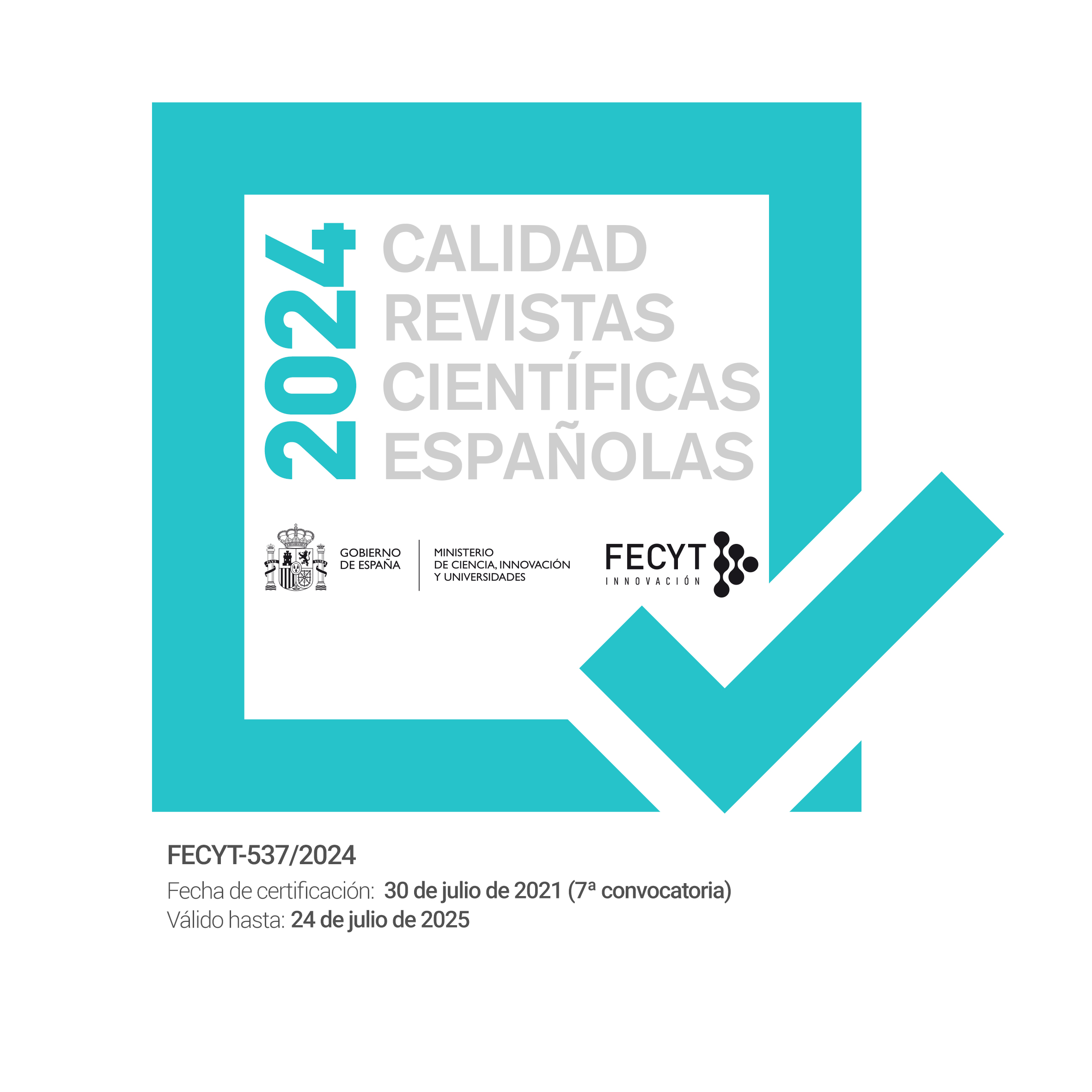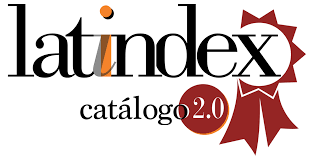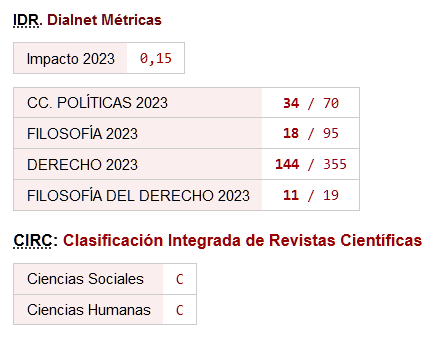Revisiting #MeToo: political implications and aftereffects
As a political movement to increase the audibility and impact of women’s voices and grant authority to their accounts of sexual misconduct, harassment, and assault, #MeToo has changed the conversation. Among the harms it addresses is an epistemic injustice: a refusal on the part of listeners to hear and respond to accusers’ claims, leaving them feeling ignored and silenced. As #MeToo has accorded women’s accounts of misconduct newfound legitimacy, its effects spill over into other domains, including current politics and political thought. At the same time, #MeToo precipitated a powerful backlash within the US, the effects of which are still unfolding, and has become, in part, mired in the high-profile controversies of cancel culture.
A global movement, #MeToo’s impacts are not limited to US borders. Nor was it intended, in Tarana Burke’s originating activism, to address the behaviours of celebrities and public figures alone. Recent revelations and trials in India, Spain and France, to name just three sites, are ensuring #MeToo’s ongoing and global relevance across all levels of the social spectrum.
This special issue is intended to bring together research that examines the political implications and effects of #MeToo and its invocation to take women’s epistemic lives more seriously. Topics for consideration include, but are not limited to:
- how the mandate to recognize women’s and gender diverse individuals’ authoritative knowledge carries over into other spheres, including the political;
- the transnational reach of #MeToo, its impact on the domestic politics of individual states and on women’s political participation and citizenship broadly conceived, recognizing its differential epistemic empowerment of women according to their racial, class, sexual, and gender identities, and (dis)abilities;
- the prehistory of, and lead up to, #MeToo and its role in an era of increased political polarization and backlash against feminism’s political and legal gains;
- the relationship between the backlash to #MeToo, the legal and political challenges to reproductive justice and abortion rights, and the momentum of the political right;
- its effects on interpretations of political thought, considering, among other things, the canon’s silences and the ways in which historical women’s political writing has recorded and made sense of domestic and sexual abuse.
The deadline for submission of your proposal is 31 August 2025 via the Journal's platform: https://www.upo.es/revistas/index.php/ripp/about/submissions
For further information, please contact Joanne Wright, jwright@unb.ca
Department of Political Science, University of New Brunswick, Canada











 ISSN: 1885-589X
ISSN: 1885-589X  Universidad Pablo de Olavide
Universidad Pablo de Olavide